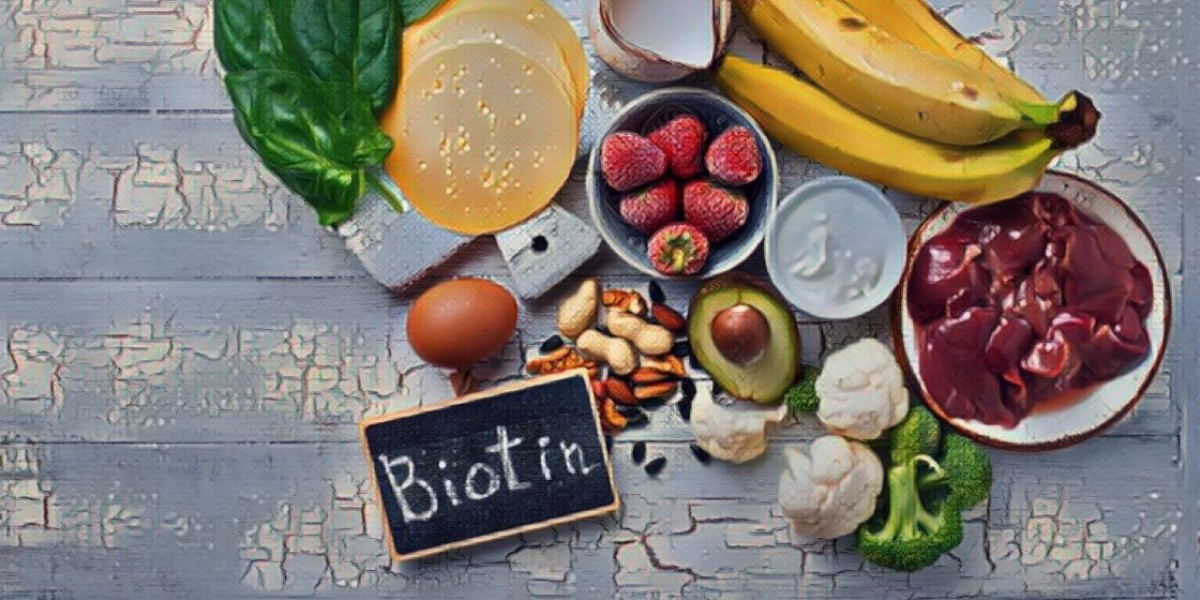Collagen: Skin, Hair, Nails
Collagen is a protein that plays a vital role in maintaining healthy skin, hair, and nails. It provides structure, elasticity, and hydration to the skin, keeping it firm and supple. Collagen also strengthens hair and nails, preventing breakage and brittleness. As we age, our bodies produce less collagen, leading to visible signs of aging such as wrinkles, sagging skin, and thinning hair. Incorporating collagen-rich foods such as bone broth, seafood, and leafy greens, as well as taking collagen supplements, can help boost collagen production and improve the health and appearance of skin, hair, and nails.
Collagen Menopause
Collagen levels naturally decrease during menopause, which can contribute to the visible signs of aging such as wrinkles and sagging skin. Additionally, declining collagen levels can exacerbate menopausal symptoms such as hot flashes and vaginal dryness. Supplementing with collagen may help alleviate these symptoms by increasing skin hydration and elasticity and improving vaginal moisture. Collagen supplements can also support bone health, which can be especially important during menopause when the risk of osteoporosis increases. It's important to talk to your doctor before starting any new supplements to ensure they are safe for you and won't interfere with any other medications you're taking.
Collagen for Hot Flashes
Hot flashes are a common symptom of menopause, characterized by sudden sensations of warmth, sweating, and flushing. Collagen supplements may help alleviate hot flashes by improving skin hydration and promoting better blood flow. Collagen also supports the health of the adrenal glands, which produce hormones that regulate body temperature. By supporting adrenal function, collagen may help reduce the frequency and severity of hot flashes. Additionally, collagen's anti-inflammatory properties can help reduce overall inflammation in the body, which has been linked to an increased risk of hot flashes. As always, it's important to talk to your doctor before starting any new supplements.
Collagen Supplements
Collagen supplements come in various forms, including powders, pills, and liquids. They are typically made from animal sources, such as cows or fish, and may be flavored or unflavored. Collagen supplements are marketed for their ability to improve skin, hair, and nail health, as well as alleviate joint pain and improve bone density. They may also have benefits for menopausal women, including reducing hot flashes and vaginal dryness. However, the efficacy of collagen supplements is still being studied, and their benefits may vary depending on the individual. It's important to speak with your doctor before starting any new supplements.
More Benefits of Collagen
In addition to supporting healthy skin, hair, nails, and bones, collagen has other potential health benefits. Collagen may improve gut health by promoting healthy digestion and reducing inflammation in the digestive tract. It may also improve joint health by reducing inflammation and supporting cartilage health. Collagen supplements have also been studied for their potential to improve muscle mass and strength, as well as support heart health by reducing cholesterol levels. However, more research is needed to fully understand the extent of these benefits. As always, it's important to speak with your doctor before starting any new supplements or making significant changes to your diet or exercise routine.
Boosting Collagen Naturally
There are several natural ways to boost collagen production in the body. Eating a diet rich in collagen-boosting foods such as bone broth, leafy greens, citrus fruits, and berries can help support collagen production. Staying hydrated by drinking plenty of water and limiting alcohol and caffeine consumption can also help maintain skin hydration and elasticity. Protecting skin from sun damage by wearing sunscreen and avoiding prolonged exposure to UV rays can prevent collagen breakdown. Exercise, particularly weight-bearing exercises such as strength training, can also stimulate collagen production. Quitting smoking can also help support collagen production and improve skin health.
Lifestyle Changes for Menopause
Menopause can be a challenging time for women, but making certain lifestyle changes can help manage symptoms and improve overall health and well-being. Eating a healthy, balanced diet that includes plenty of fruits, vegetables, lean protein, and whole grains can help support hormonal balance and reduce inflammation. Regular exercise, including strength training and weight-bearing exercises, can support bone health and reduce the risk of osteoporosis. Practicing stress-reducing techniques such as yoga, meditation, or deep breathing can alleviate mood swings and reduce stress levels. Limiting alcohol and caffeine consumption, getting enough sleep, and quitting smoking can also help manage menopausal symptoms.
Ephuroalabs Collagen Gummies
Ephuroalabs Collagen Gummies are a popular collagen supplement in gummy form. They contain hydrolyzed collagen peptides derived from grass-fed bovine sources, as well as vitamin C and biotin. These ingredients work together to support healthy skin, hair, nails, and joints. The gummies are easy to take and have a pleasant berry flavor. Ephuroalabs Collagen Gummies are free from artificial colors and flavors, and are gluten-free, soy-free, and dairy-free, making them suitable for those with dietary restrictions. As with any supplement, it's important to speak with your doctor before starting to ensure they are safe for you.
Conclusion
Menopause is a natural biological process that can cause a range of physical and emotional symptoms. Collagen is a protein that plays an important role in supporting healthy skin, hair, nails, and bones, and may also have benefits for menopausal women such as reducing hot flashes and vaginal dryness. While collagen supplements can be a convenient way to boost collagen levels, there are also natural ways to support collagen production such as eating a healthy diet and protecting skin from sun damage. Making certain lifestyle changes, such as staying active, managing stress, and quitting smoking, can also help manage menopausal symptoms and promote overall health and well-being.








